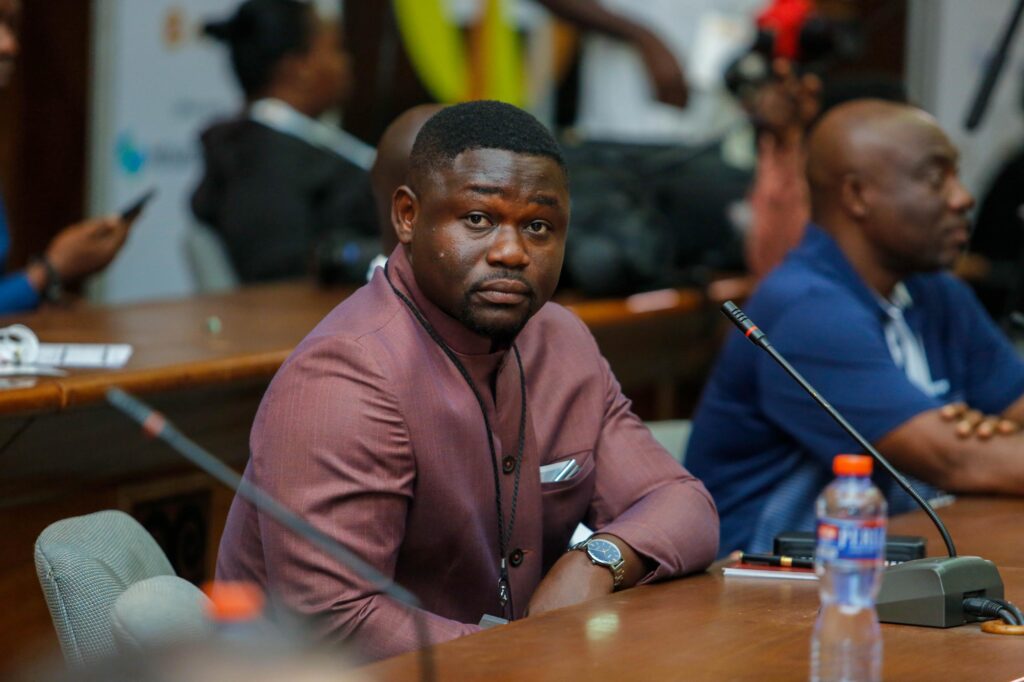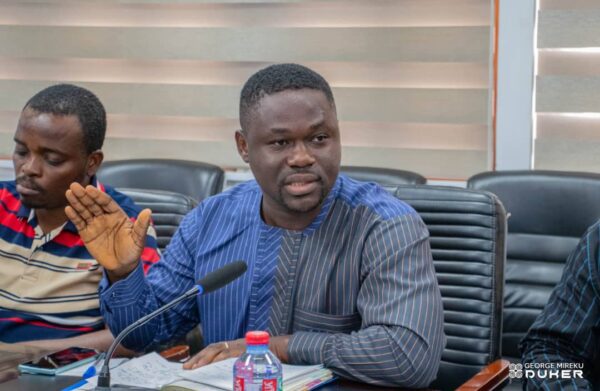
Mining consultant Ing. Wisdom Edem Gomashie has added his voice to the escalating controversy surrounding the Black Volta Gold Mine deal, warning that Ghana could be on the brink of yet another judgement debt crisis if legal red flags are ignored.
In a detailed commentary on the unfolding matter, Ing. Gomashie expressed grave concern over the ownership dispute linked to the ECOWAS Bank for Investment and Development’s (EBID) recent financing announcement. EBID claims to have signed a $100 million deal to support the development of the Black Volta Gold Mine, but the mine is legally owned by Azumah Resources, an Australian company, fully controlled by Ibaera Capital.
The deal has come under scrutiny as Azumah has denied involvement in the financing agreement, and Ibaera has initiated arbitration proceedings following a terminated partnership with Ghanaian firm Engineers & Planners (E&P)—raising serious questions about legal title, consent, and due process.
“Government of Ghana will be dragged to international arbitration by Azumah Resources over the Black Volta project that has effectively been mortgaged to other interests,” Gomashie warned. “And when that happens, it is the ordinary Ghanaian who will bear the cost in the form of judgement debt.”
For Gomashie, who has tracked Ghana’s mining governance landscape for years, the matter is not just about legal technicalities—it’s about credibility, investor confidence, and economic discipline.
He recalled that under the previous NPP administration, Ghana’s mining sector maintained a stable macro environment that was attractive to both foreign and local investors. But recent developments, he said, risk undoing those gains and pushing Ghana toward a climate of uncertainty.
“Mine takeovers must be firmly grounded in law,” he stated. “We cannot afford to use backdoor channels or political muscle to transfer assets. That path will only lead to investor flight, reputational damage, and economic loss.”
According to Gomashie, boosting state and citizen participation in Ghana’s natural resource space is a legitimate and necessary goal—but it must be pursued through lawful, equitable, and capacity-driven means. Not through coercion or unregulated takeovers.
“It is not about force. It is about structure, strategy, and capability,” he said. “The State must lead by example if it expects to build a strong and sustainable presence in the extractives sector.”
As Ghana seeks to increase local participation in mining, Gomashie is calling for urgent reflection and caution, warning that if the Black Volta issue is mishandled, it could become another costly case of legal misadventure with international consequences.
His remarks follow similar concerns raised by policy analyst Bright Simons, who described the EBID financing announcement as “bizarre” given the denial of involvement by the mine’s actual owners and the legal battles now underway.
